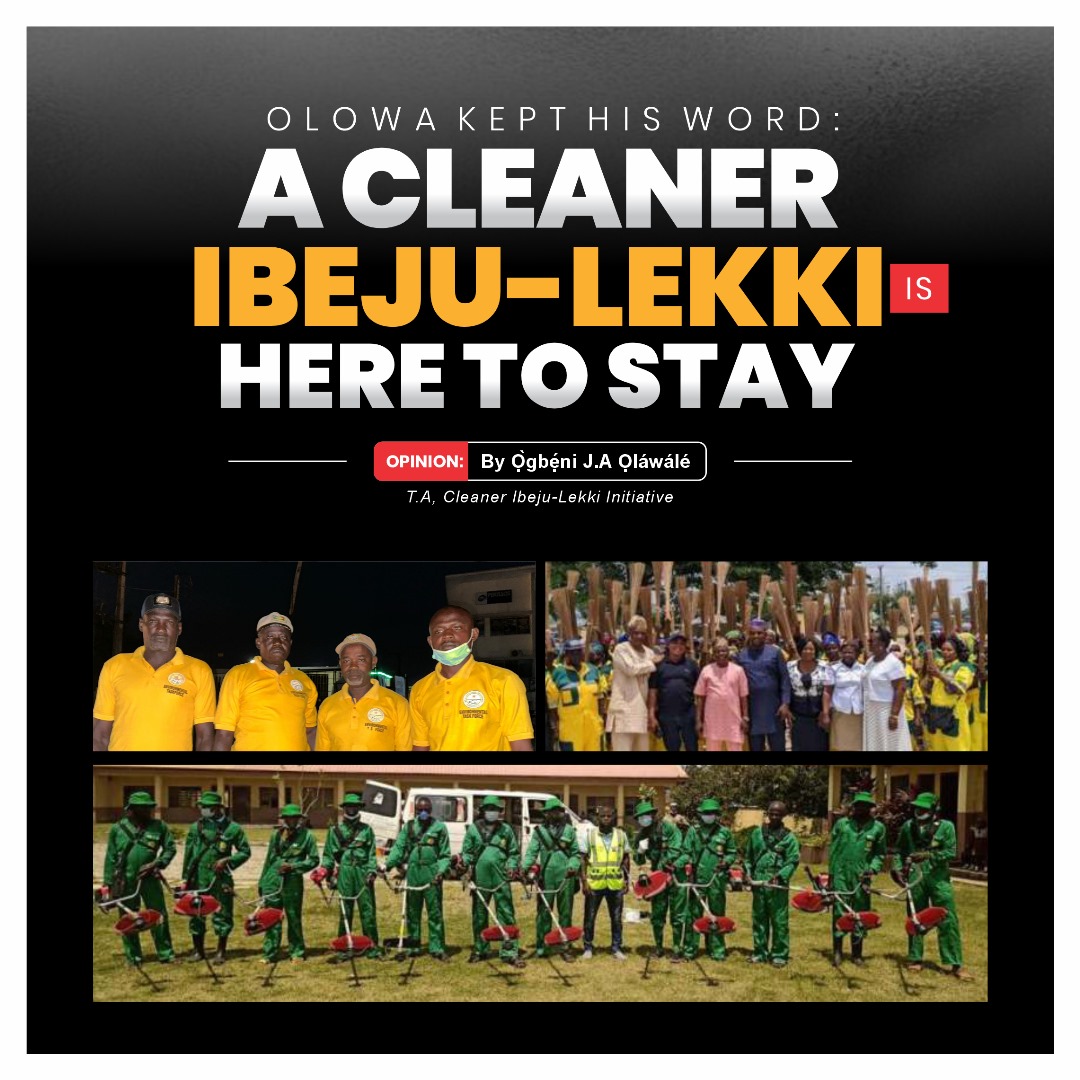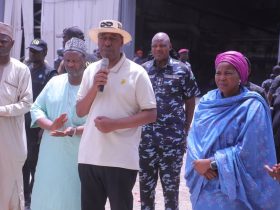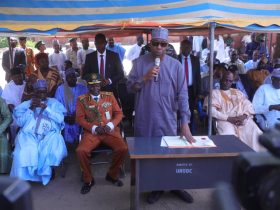When Hon. Abdullahi Sesan Olowa sought the mandate of the people in 2021, he presented a five-point agenda aimed at transforming Ibeju-Lekki. Among these, one commitment stood out for its bold ambition and long-term potential: Environmental Sustainability.
Three years later, that promise has not only been upheld—it has significantly reshaped both the landscape and public consciousness within the local government.
Speaking on the evolution of the environmental agenda, Mr. J.A. Ọláwálé, Technical Assistant to the Chairman on the Cleaner Ibeju-Lekki Initiative, noted that the Lekki-Epe Expressway and adjoining communities were once plagued by indiscriminate waste disposal, with many residents accustomed to dumping refuse on the roads unchecked.
“It was the norm for people to throw waste on the expressway,” Ọláwálé recalled. “The environment had been neglected for so long that these habits became accepted behavior. But the Olowa administration refused to allow that to continue.”
According to Ọláwálé, the Cleaner Ibeju-Lekki Initiative was launched with three critical components: the Environmental Taskforce, Gardeners, and Sweepers—each designed to target specific environmental issues in the LGA.
Environmental Taskforce: Enforcing a New Norm
“The Environmental Taskforce was our first line of reform,” he explained. “Their mission was both corrective and educational—teaching the community proper sanitation practices while enforcing new standards.”
Hundreds of residents were penalized for illegal dumping, but even more received direct education on how to manage waste responsibly. Over time, public spaces and major roads once riddled with refuse began to transform, reflecting a new commitment to hygiene and order.
Gardeners: Restoring Public Institutions
Before the initiative, pupils were made to bring cutlasses to school to clear overgrown grass, and primary health centres battled encroaching bushes. “We knew something had to change,” said Ọláwálé. “So we deployed professional gardeners to maintain these facilities.”
Today, schools are cleaner, and health centres are safer and more accessible—environments now conducive to both learning and healing.
Sweepers: The Backbone of Daily Cleanliness
Perhaps the most visible and quietly heroic part of the initiative is the daily work of the street sweepers. “We’ve employed over 350 women who sweep roads and public areas throughout Ibeju-Lekki every single day,” Ọláwálé stated. “Come rain or shine, they are out there with brooms in hand, keeping our streets clean.”
A People-Focused Approach
Beyond beautification and sanitation, the initiative has had a notable economic impact. Over 400 jobs have been created through this environmental program alone. “That’s over 400 families whose lives have been positively affected,” Ọláwálé emphasized. “This is not just about cleaning—it’s about community empowerment.”
As the administration of Hon. Olowa continues to push forward on its sustainability goals, the Cleaner Ibeju-Lekki Initiative stands as a model of what intentional governance and community involvement can achieve.
“What Olowa promised, he delivered,” Ọláwálé concluded. “And Ibeju-Lekki is undeniably better for it.”












Leave a Reply